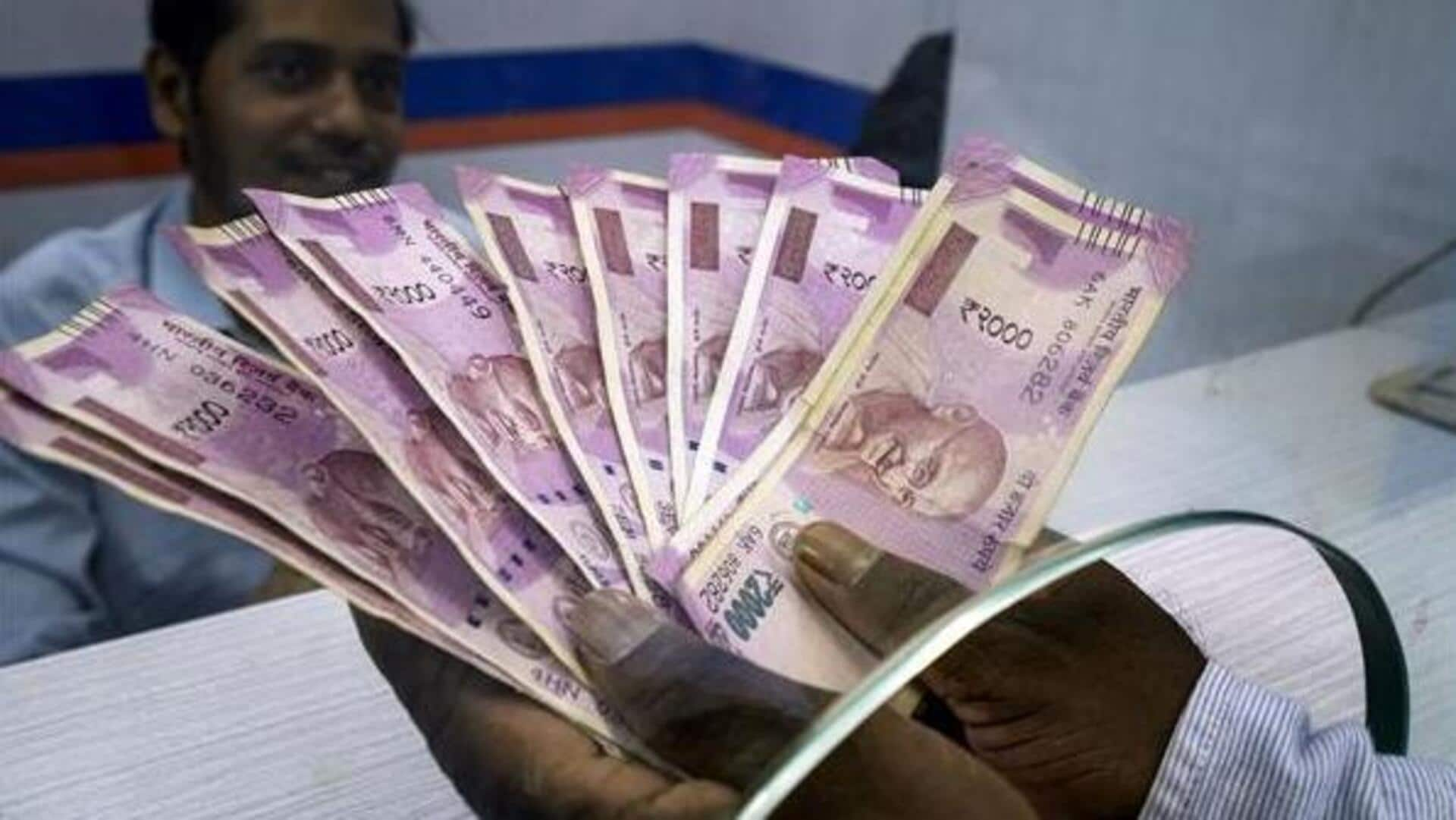
Exchange your Rs. 2,000 notes before September 30 deadline
What's the story
The Reserve Bank of India (RBI) had announced the discontinuation of Rs. 2,000 notes in circulation on May 19, 2023.
With the final day for note exchanges set for September 30, individuals must complete the exchange process within the remaining few days.
The central bank has urged individuals to either deposit their Rs. 2,000 notes in banks by September 30 or exchange them for notes of different denominations.
Here's all you need to know before you go to the banks.
Details
Exchange process and limit
To facilitate the exchange process, RBI established exchange facilities at its 19 regional offices, and individuals can also visit their local bank branches.
For smoother bank operations, the exchange of Rs. 2,000 notes, up to a total value of Rs. 20,000, is permitted.
However, it is crucial to adhere to KYC norms and other legal procedures when depositing these notes into a bank account.
What Next?
Exchange guidelines
If you are depositing into a Basic Savings Bank Deposit (BSBD) or Jan Dhan account, the usual deposit limits will be in effect.
It's worth noting that individuals depositing Rs. 50,000 or more must provide their PAN number in accordance with Rule 114B of the Income Tax Rules.
However, for amounts below Rs. 50,000 in a single day, quoting PAN is not mandatory.
Insights
In some places, banks will be closed on these dates
Individuals must plan their exchange or deposit of Rs. 2,000 notes accordingly, keeping in mind the bank holidays this week.
Banks in Guwahati and Ranchi will remain closed on September 25 for Janmotsav of Srimanta Sankardeva/Karma Puja.
Banks in Jammu, Kochi, Srinagar, Thiruvananthapuram, and several other cities will be closed on both September 27 and 28 for Milad-i-Sherif (Birthday of Prophet Muhammad).
Insights
A step-by-step guide to depositing Rs. 2000 notes
Step 1: Visit the nearest bank branch with your Rs. 2,000 notes.
Step 2: Fill in the requisition slip with the necessary details to facilitate the exchange process.
Step 3: Submit the slip along with your Rs. 2,000 notes to be exchanged for notes of other denominations.
It's important to note that the deposit/exchange process may vary slightly depending on the bank, as each may have its own procedures and norms in place.